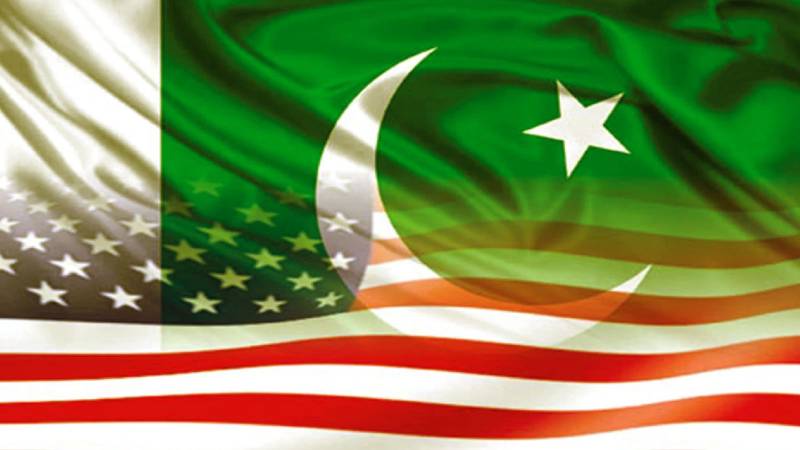
Pakistan marks a significant milestone in its democratic journey with the peaceful completion of its fourth consecutive civilian government transition, achieved through ballots rather than bullets. This achievement underscores the strengthening of democratic institutions and the nation's commitment to a peaceful transfer of power.
Pakistan, the world’s fifth-most populous nation and equipped with the sixth-largest military, stands at a critical juncture. Home to a youthful population, with 64 percent under the age of 30, Pakistan's strategic geographical positioning next to India, Iran, Afghanistan, and China places it at the heart of some of the most significant global geopolitical challenges. As Imtiaz Pirzada, Senior Vice President of Pakistan Peoples USA, emphasized, “Pakistan is a country with a functional democracy, where the executive, legislature, and judiciary are knitted together by the thread of a unanimously approved constitution. It has much more potential than is currently realized.”
Recent developments in neighboring Afghanistan have posed new security challenges, highlighting the ongoing complexities in regional stability. Despite internal political divisions, which are a natural aspect of any democratic society, Pakistan is witnessing an era of unprecedented political engagement and dialogue. However, the nation also faces challenges of hyper-partisanship, necessitating a balanced and inclusive approach to governance.
The United States' historical engagement in global politics has often been contentious, with interventions in regions such as Latin America, the Middle East, Southeast Asia, and Africa sometimes leading to long-term instability. It is crucial that American policymakers adopt a cautious and constructive approach toward Pakistan, focusing on positive engagement rather than partisan involvement that could exacerbate internal divisions.
In light of ongoing global human rights concerns, including those in Gaza, Kashmir, and Myanmar, it is imperative for all nations, including the U.S., to reflect on their roles and responsibilities on the international stage. The Pakistani government continues to uphold its commitment to democracy, supported by a robust parliament, an independent judiciary, and a vibrant media landscape, all underpinned by a unanimously approved constitution. As Abid Malik, President of Pakistan Muslim League Azad Kashmir, focusing on the issue of Kashmir, stated: "Palestine, Kashmir, and the Rohingya are real human rights issues where the state's high-handedness is a naked aggression against humanity. Pakistani political point-scoring and propaganda are nothing but posturing by politicians against each other, not a human rights situation."
The Pakistani-American community, a vital link between the two nations, seeks to foster a more informed and balanced understanding of Pakistan's challenges and achievements. Misconceptions and partisan perspectives have too often influenced foreign policy, as noted by community leaders and stakeholders. The upcoming rally in Dallas on December 8th aims to address these concerns and promote a more nuanced dialogue regarding U.S. involvement in Pakistan’s internal affairs. Pakistan Muslim League Texas President Sabeel Abbasi is confident, saying, “U.S. Congressmen need to be made aware of the true picture of the Pakistani situation, as only lies have been fed to them so far by an extremist and violent party.”
Pakistan is not merely a participant in global politics but an active contributor to regional peace and stability. As a nuclear-armed state with significant strategic importance, Pakistan's internal political stability and international partnerships are crucial not only for regional security but also for global peace.
A coalition of Pakistani Americans, "Stand with Pakistan," seeks positive engagement between the U.S. and Pakistan. We are also sensitive to the risks to America’s reputation resulting from politically motivated propaganda and fabricated facts. Americans have tarnished their names in many political feuds in international affairs in the past. As local activist Iftikhar Khan says, “The risk in getting involved in the internal partisan dynamics of a country is that it is not easy to know who presents the facts and who fabricates them.”
The coalition is staging a rally at the Grassy Knoll, 114 Elm Street in Dallas, on Sunday, December 8th, at 2 PM. Media interactions with our leadership are welcome. This protest rally is directed against U.S. representatives’ ill-advised interference in Pakistan’s internal affairs. A press conference will also be held on Zoom after the rally.
